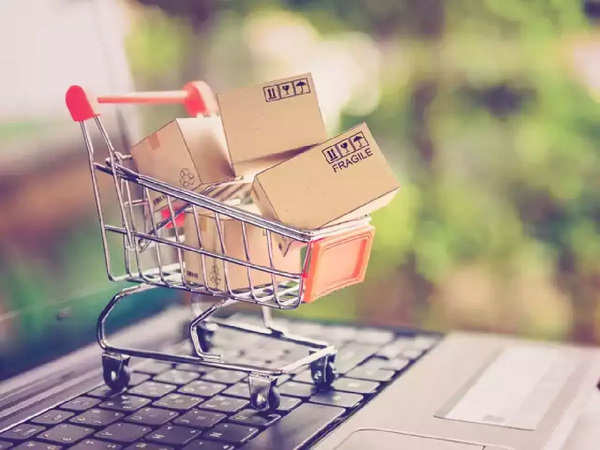When the 21-day lockdown was commanded in India last month on March 24, e-commerce companies like Amazon, Snapdeal and Flipkart had to temporarily suspend their services, followed by resuming delivery for necessities. The government has now decreased its guidelines to provide e-commerce services to function normally without restrictions, starting from April 20.
The latest guidelines were issued by the MHA (Ministry of Home Affairs) after Prime Minister Narendra Modi said on Tuesday that the lockdown of three weeks is being extended until May 3. In his speech, the prime minister had been told that some permissions would be provided in regions where the spread of COVID-19 has been under control.
This involves electronic gadgets like smartphones, TVs, refrigerators, laptops, and stationery items. “Vehicles used by e-commerce workers will be permitted to ply with required permissions.”, said the Ministry of Home Affairs on Thursday.
“All facilities in the supply chain of basic goods, whether involved in wholesale or retail of such goods through local stores, manufacturing, large brick and mortar stores or e-commerce companies should be permitted to operate, ensuring strict social distancing without any restriction on their timing of opening and closure.”, the MHA added.
Several organizations have stepped up to guarantee people get their essentials during this time of crisis. For instance, ride-hailing giant Uber teamed up with Flipkart to deliver grocery items. In the meantime, food delivery services like Swiggy and Zomato increased their grocery delivery services to more cities in the country.
Meanwhile, the revised guidelines have also allowed IT companies to operate with 50 percent capacity from this Monday. The lockdown in India is currently effective until May 3.
Also, through the guidelines, the government has approved the IT companies to function with 50 percent staff from April 20.
The digital economy is demanding for the services sector and is essential for national growth. According to that, e-commerce operations, operations of IT and IT-enabled services, data and call centers for government movements, and online teaching and distance learning are all approved activities now,” the ministry said (PDF).
Also read: Get Amazon Prime membership free.



